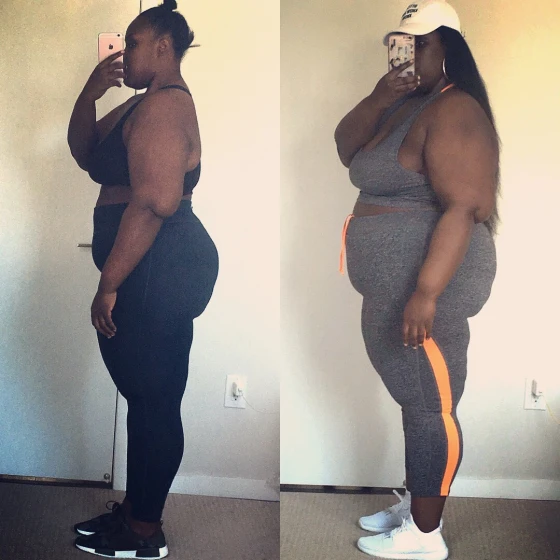Intermittent fasting (IF) has taken the health world by storm, with celebrities, influencers, and medical professionals swearing by its benefits. But while fasting might seem like a one-size-fits-all solution, research shows that women may need to approach this trend with added care.From weight loss to brain health, intermittent fasting offers promising outcomes. However, women’s hormonal systems respond differently to fasting—and in some cases, the effects can be more nuanced than expected.
What Is Intermittent Fasting?
Intermittent fasting is not a diet, but an eating pattern that alternates between periods of eating and fasting. Popular methods include:
- 16:8 method– Fast for 16 hours, eat during an 8-hour window
- 5:2 method– Eat normally for five days, restrict calories for two
- Alternate-day fasting– Eat every other day or significantly cut calories on fasting days

Benefit of intermittent fasting for Women
1. Weight Loss and Metabolic Health
A 2011 study led by Dr. Michelle Harvie, published in the International Journal of Obesity, found that overweight women following a 5:2 IF routine lost more fat and improved insulin sensitivity more than women on a standard calorie-restricted diet.
“Women who fasted intermittently showed better results in terms of fat loss and metabolic improvements,” Harvie noted.
2. Insulin Resistance and PCOS
Women with insulin resistance or PCOS may experience significant benefits from IF. By stabilizing insulin levels, fasting may help reduce symptoms like irregular cycles, acne, and weight gain.
3. Brain Health and Aging
Research from Dr. Valter Longo and Dr. Satchin Panda, published in Cell Metabolism, linked IF to improved memory, mood, and brain repair. These findings are particularly relevant for women navigating perimenopause or menopause.
The Hormonal Catch: Why Women Should Be Cautious
Despite the benefits, women should approach fasting carefully. A 2005 study from the Pennington Biomedical Research Center reported elevated cortisol (stress hormone) levels and menstrual irregularities in women who practiced alternate-day fasting.
“Women’s reproductive systems are more responsive to energy balance. If the body senses stress—like prolonged fasting—it may reduce fertility as a survival mechanism.” – Dr. Krista Varady
Expert Tips: How Women Can Fast Safely
- Start slow:Begin with a 12-hour fast and increase gradually.
- Cycle fasting with your menstrual cycle:Avoid strict fasting in the luteal phase.
- Focus on nutrition:Break fasts with whole foods rich in fiber, protein, and healthy fats.
- Pay attention to red flags:Missed periods, mood swings, fatigue, or dizziness are signs to reassess.
Intermittent fasting is a lifestyle tool with real science behind it. For women, the key is to tailor fasting to your body’s unique hormonal needs. When done thoughtfully, it can support weight management, brain health, and metabolic balance.
However, IF is not for everyone. If you’re pregnant, breastfeeding, trying to conceive, or have a history of disordered eating, consult your healthcare provider before starting any fasting protocol.



